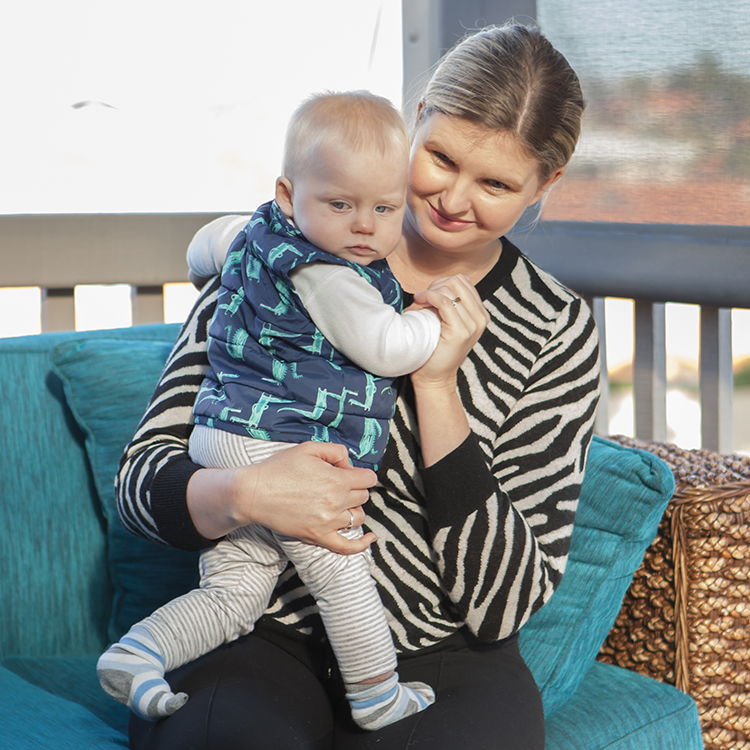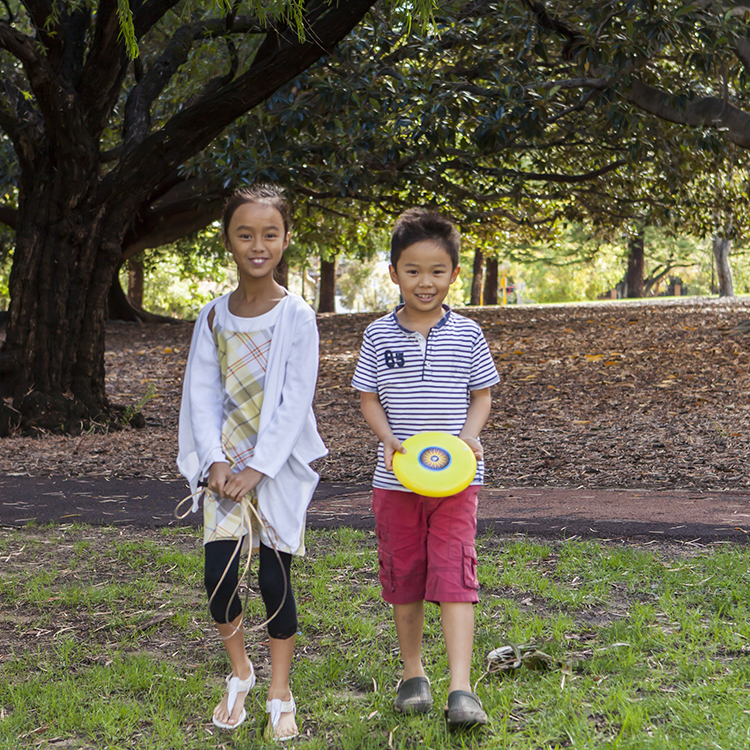Search
Showing results for "Au"
Research
Respiratory infection- and asthma-prone, low vaccine responder children demonstrate distinct mononuclear cell DNA methylation pathwaysnfants with frequent viral and bacterial respiratory infections exhibit compromised immunity to routine immunizations. They are also more likely to develop chronic respiratory diseases in later childhood. This study investigated the feasibility of epigenetic profiling to reveal endotype-specific molecular pathways with potential for early identification and immuno-modulation.
Research
Evaluation of the implementation and clinical effects of an intervention to improve medical follow-up and health outcomes for Aboriginal children hospitalised with chest infectionsAboriginal children hospitalised with acute lower respiratory infections (ALRIs) are at-risk of developing bronchiectasis, which can progress from untreated protracted bacterial bronchitis, often evidenced by a chronic (>4 weeks) wet cough following discharge. We aimed to facilitate follow-up for Aboriginal children hospitalised with ALRIs to provide optimal management and improve their respiratory health outcomes.

Epigenomic research at Telethon Kids explores the links between childhood disease and the molecular hallmarks of epigenetic control.
Research
Sex-specific white matter alterations in children exposed to high pregestational BMIThis study investigated whether exposure to high pregestational BMI (≥ 25 kg/m2) is associated with alterations in white matter microstructure in early childhood, explored sex-specific effects, and examined associations with cognitive performance.
Research
Effect of Preemptive Intervention on Developmental Outcomes Among Infants Showing Early Signs of Autism: A Randomized Clinical Trial of Outcomes to DiagnosisIntervention for individuals with autism spectrum disorder (ASD) typically commences after diagnosis. No trial of an intervention administered to infants before diagnosis has shown an effect on diagnostic outcomes to date.
Research
Children of Asian ethnicity in Australia have higher risk of food allergy and early-onset eczema than those in SingaporeIn Western countries, Asian children have higher food allergy risk than Caucasian children. The early-life environmental exposures for this discrepancy are unclear. We aimed to compare prevalence of food allergy and associated risk factors between Asian children in Singapore and Australia.
Research
Perspectives of trans and gender diverse young people accessing primary care and gender-affirming medical services: Findings from Trans PathwaysIncreasing numbers of trans young people are seeking medical services worldwide, but there have been few qualitative investigations of the experiences of trans young people attempting to engage with these services to explore in-depth experiences of clinical interactions.

Supporting healthy tummies in bubs
Research
Investigating associations between birth order and autism diagnostic phenotypesBirth order effects have been linked to variability in intelligence, educational attainment and sexual orientation. First- and later-born children have been linked to an increased likelihood of an Autism Spectrum Disorder (ASD) diagnosis, with a smaller body of evidence implicating decreases in cognitive functioning with increased birth order.

Our Geospatial Health and Development Team uses cutting-edge technologies to better understand how and why the health and wellbeing of children varies from place to place. We develop innovative geospatial methods that can harness large, complex datasets to pinpoint hotspots of elevated risk, evaluate change through time, and explore underlying drivers.
